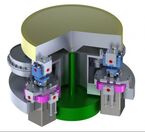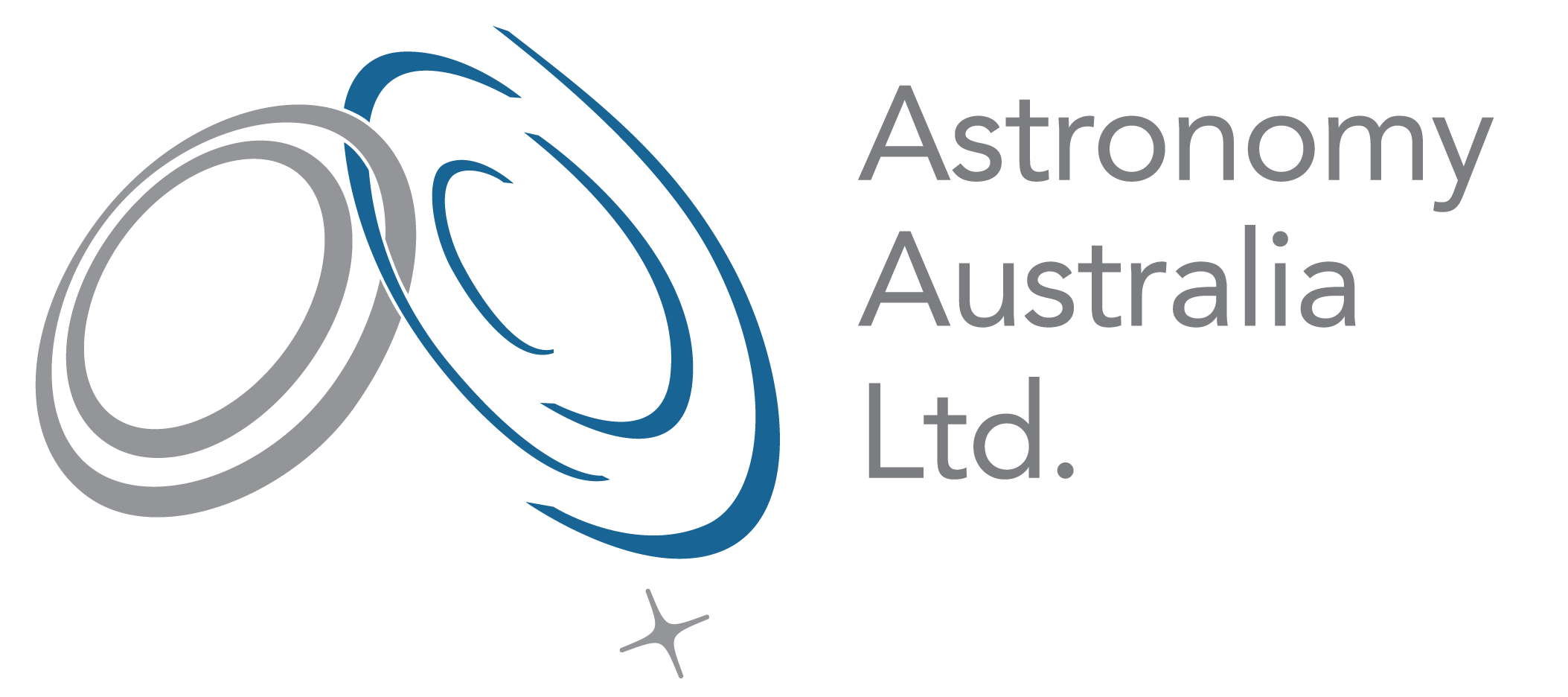AAL thanks the Australian Government for ~$1.4M in new funding to support Australian involvement in international projects and partnerships:
AAL is delighted to have been awarded $990K through the National Collaborative Research Infrastructure Strategy (NCRIS) towards the ongoing development of GMT Integral Field Spectrograph at AAO-Stromlo. We thank the Hon Dan Tehan, Minister for Education, for this investment, which will help to maintain momentum with Australia’s technical contributions to the Giant Magellan Telescope (GMT).
 Australia is currently involved in two significant GMT work packages: the MANIFEST fibre-feed system at AAO-Macquarie and the GMT Integral Field Spectrograph at AAO-Stromlo. GMTIFS is designed to address key scientific questions of interest to Australian researchers, including understanding the nature of supermassive black-holes at the centres of galaxies, understanding the birth and evolution of galaxies in the universe and probing the atmospheric composition of extra-solar planets. GMTIFS is envisaged to be a first-light instrument for the GMT and is featured prominently in the recently released Giant Magellan Telescope 2018 Science book.
Australia is currently involved in two significant GMT work packages: the MANIFEST fibre-feed system at AAO-Macquarie and the GMT Integral Field Spectrograph at AAO-Stromlo. GMTIFS is designed to address key scientific questions of interest to Australian researchers, including understanding the nature of supermassive black-holes at the centres of galaxies, understanding the birth and evolution of galaxies in the universe and probing the atmospheric composition of extra-solar planets. GMTIFS is envisaged to be a first-light instrument for the GMT and is featured prominently in the recently released Giant Magellan Telescope 2018 Science book.
AAL is delighted to be awarded a grant of $160K from the Department of Industry, Innovation and Science (DIIS) to support a range of Australia-China Consortium for Astrophysical Research (ACAMAR) activities. This builds upon a similar award last financial year which supported the ACAMAR workshop in April 2019, the recently announced ACAMAR SKA fellowship and SKA PhD scholarship schemes. The new grant will ensure the successful continuation of Australian-Chinese research partnerships.
The DIIS has also awarded AAL a grant of $230K to continue our support of the Australia-ESO Strategic Partnership and other overseas optical telescopes. The Department had previously contracted AAL to undertake such activities until June 2020; this new award will continue to fund AAL to undertake such activities until June 2022, allowing AAL to take a longer-term view of assisting the Department to engage with ESO, and other projects including the GMT.
AAL thanks the DIIS for both these grants, which provide significant support for Australian astronomer engagement in international facilities and partnerships.
